| Three brothers in their forties gather periodically with their wives and children for holidays, weekend breaks and celebratory meals. On the surface, everything is rosy, but secrets threaten every marriage; will the extended family survive? I’d heard of this much-loved author but didn’t expect to pick up one of her books until an agent recommended them as a model for my own writing. Reading the prologue, I wondered how I’d plough through the next 600+ pages. |
Welcome
I started this blog in 2013 to share my reflections on reading, writing and psychology, along with my journey to become a published novelist. I soon graduated to about twenty book reviews a month and a weekly 99-word story. Ten years later, I've transferred my writing / publication updates to my new website but will continue here with occasional reviews and flash fiction pieces, and maybe the odd personal post.
|
6 Comments
Here are two moving recent reads about families confronting a life-changing decision by one of their members and the changes they must make to accommodate this. The first is a trans novel published in 2015 which I’ve only just discovered; the second is a story I loved when I first read it on its publication in 2002.
I’ve now collected over ninety fictional therapists, but I’ve always got room for a couple more. In the first of my reviews, the therapist is a relatively minor character in a recently published psychological thriller. In the second, she is one of two main characters in a novel published in the 1980s that purports to be about therapy. Hopefully, forty years on, she’s no longer practising. Let me know whether you agree.
Two novels about a difficult patch in a long marriage, complicated by difficult relationships with the couples’ offspring. The first is the best book I’ve read so far this year. The second, by a more famous author, doesn’t come anywhere near.
These novels – the first contemporary YA; the second historical fiction – address radically different responses to mental health issues wrapped up in page-turning stories. I enjoyed them both in different ways.
I was going to call this post hopes dashed, but that would be too sensational for these two lovely novels about women getting on with it after disappointment, not because they’re heroic survivors but because they’re ordinary flawed human beings. In the first, an untenured academic carries on as normal despite a drawn-out miscarriage; in the second, an aspiring artist continues painting despite a lack of talent and community support. Both stories unfold in elegant understated prose with touches of humour.
Two novels featuring sex and psychotherapy: can you guess which one I couldn’t finish? The other is both entertaining and educational, so put your feet up and read on.
These two novels about female friends from two different cultures and at different stages of their lives expose the power imbalance between even privileged and highly educated women and the men in their lives. The first is a thoughtful novel about middle-aged women in London; the second a lighter story about young adults in Saudi Arabia.
muddled pathways so that he’s imposed a strategy for achieving his next unlikely ambition – if a man of his talents can “lead” first a capital city, then a country, why not go for the Booker Prize? – upon the one of which he’s tired?
Although these two historical novels are very different, both sparked some deep reflection about the workings of the human mind, and especially how our reasoning and problem-solving is influenced by beliefs and assumptions which, in turn, are shaped by the times and cultures in which we live. Both are set primarily in mainland Europe – the first in the seventeenth century and the second towards the end of the nineteenth century and the beginning of the twentieth – and feature – predominantly in the first and latterly in the second – countries ravaged by war.
In these two novels, a teenage girl needs a safe place to retreat from the world, but the sanctuary she’s chosen won’t easily let her go. In the first, a convent provides shelter to a girl fearful of the consequences of an unplanned pregnancy; in the second, a psychiatric hospital offers a welcome respite from the strain of appearing sane. It’s pure coincidence that the main characters’ names – Dolores and Deborah – begin with the same letter and that both remind me of my forthcoming novel, Matilda Windsor Is Coming Home.
Amid the painful aftermath of the UK ‘people’ voting in our pig in a poke, I had reason to remind myself of the literature on the cognitive advantages biculturalism. While I doubt our new PM possesses the skills or intellect to unite an increasingly polarised country – or even the desire, whatever might spout from his mouth – it’s essential if we’re to avoid civil war as we helter-skelter into economic and climactic ruin. So, although neither of these very disparate novels is primarily about straddling two cultures, I make no apologies for linking them via this theme.
If you’ve read my previous reviews of fictional therapists, you’ll be aware that I’m often disappointed in authors who seem to have neglected their background research. Not so with these two novels: the first, set in Jerusalem in the late 1980s, providing an excellent insight into the closed and potentially claustrophobic culture of psychoanalysis; the second, set in contemporary London, clarifying the key principles of psychodynamic psychotherapy. Both are flagged as crime: the first a police procedural; the second more psychological suspense.
Reading these books consecutively, I doubted I could legitimately pair their reviews. The first focuses on the tensions in an Anglo-French family Christmas, the second an Icelandic fishing village anticipating a celebratory concert in mid-summer. But both are about the pain beneath a deceptively tranquil surface, and the psychological distance between people living in close proximity.
I’ve recently read two semi-autobiographical debuts about highly intelligent young women battling initially protective and subsequently persecutory alter egos to assert their real selves. The first set in Nigeria and the USA, the second in the UK, they provide fresh perspectives on the experience of mental disturbance from the inside.
Two novels with an unusual perspectives on mothers and mothering: the first an Indian dystopian novel about a woman’s rapid descent down the social scale after her husband and three-year-old daughter are taken from her; the second an English psychological thriller about a woman who never had, nor wanted, children who receives a Mother’s Day card in the post.
If you’re going on holiday this summer, you might be tempted to take one of these novels with you. The first focuses on the people who entertain and assist the visitors to a Victorian pier at an English seaside resort across a period of over a century; the second on a family taking a long holiday together on the coast of Finland. But, of course, while it might be all smiles and bonhomie on the surface, there are disconcerting undercurrents to keep you turning the page. Let me know which takes your fancy.
When the press release described Speak No Evil as “a novel about the power of words”, I thought it would fit nicely with Missing, about a translator who has personal reasons for using precise verbalisations. But, although I could see what the publishers were getting at, it didn’t chime strongly with my reading experience. Nevertheless, these short novels – the first from the UK, the second from the US and Nigeria – have something in common: the grief and guilt that has diverted a woman’s life after a tragic misunderstanding at the age of eighteen. But, given that exactly how that happened is part of the mystery, you won’t find much about that in my reviews. Don’t let that stop you reading on, as both these novels are well worth your time.
After my last post featuring two novels about fictional teenagers going missing in the Peak District, the link between these reviews is more tenuous. While both feature men who have found a salaried position after art school – the first going into the gaming industry without completing his degree; the second joining the ranks of fictional therapists as a rare art therapist – these novels seem quite different. Yet both also feature obsession: the first with the alternate reality of computer games; the second with an estranged daughter. See what you think.
Oh dear! As a Ranger in the Peak District, albeit only as a volunteer on alternate Sundays, I carry a sense of responsibility for the safety of visitors to the National Park. So it’s rather disconcerting to read about two teenage girls, on holiday from London, going missing there in a matter of weeks. Fortunately, both were characters in novels, and both providing the foundation for an engrossing story about the repercussions: the first for the residents of a fictional Derbyshire village; the second for the family of the girl who is found after four agonising days.
Setting a novel in the near future requires two extra decisions. To what extent will this imagined world differ from what’s familiar today? What defines that difference? Although the social, environmental and technological developments or regressions in this fictional landscape are inevitably interlinked, one factor tends to dominate (and perhaps determines the readership to which it most appeals). At least that’s what I’ve been thinking since reading The Unit and Anna back-to-back (as well as recent dabbling in one of the subgenres myself). In the first, a democratic society has agreed (over time) that the lives of economically and socially unproductive citizens can be sacrificed for the common good. In the second, feral children roam a post-apocalyptic world in which adults have been wiped out by a virus and most of the infrastructure by a fire. Tempted? Read on!
Two novels featuring women, scarred by life, who have kept themselves slightly aloof. Of the two, Eleanor Oliphant is the most damaged, but small acts of kindness, along with a crush on a self-centred musician, might bring her out of her shell. Upstate is perhaps more realistic in confronting the difficulty of change, even though, when we first meet Vanessa Querry she’s no longer lonely as she’s fallen in love. Eleanor gets the better therapist; but is either of these women completely fine?
|
entertaining fiction about identity, mental health and social justice
Annecdotal is where real life brushes up against the fictional.
Annecdotist is the blogging persona of Anne Goodwin:
reader, writer, slug-slayer, tramper of moors, recovering psychologist, struggling soprano, author of three fiction books. LATEST POSTS HERE
I don't post to a schedule, but average around ten reviews a month (see here for an alphabetical list), some linked to a weekly flash fiction, plus posts on my WIPs and published books. Your comments are welcome any time any where. Get new posts direct to your inbox ...
or click here …
Popular posts
Categories/Tags
All
Archives
March 2024
BLOGGING COMMUNITIES
|
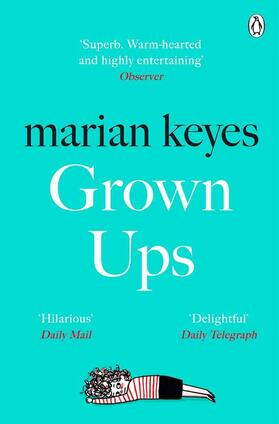
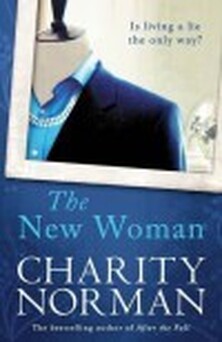
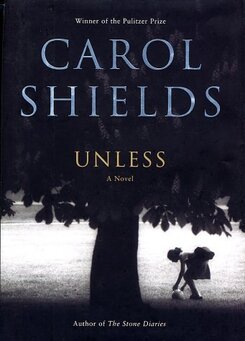
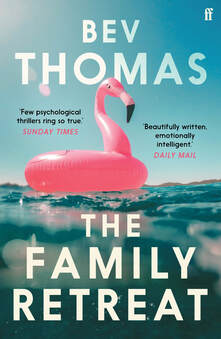
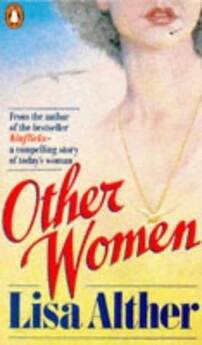
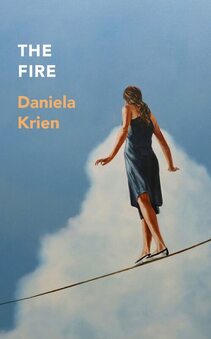
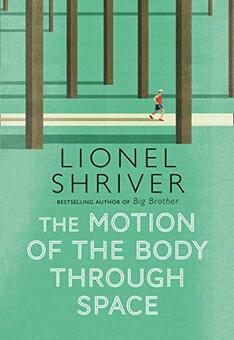
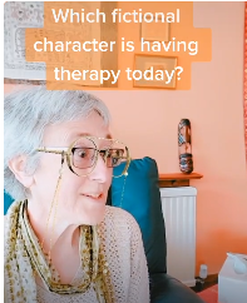
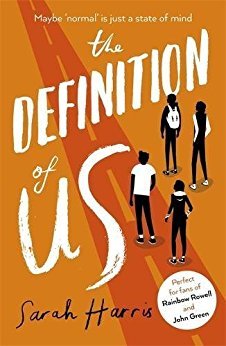
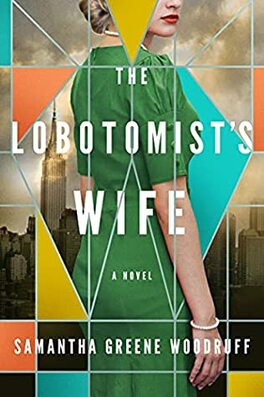
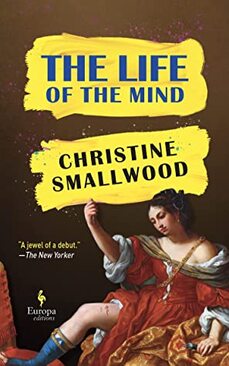
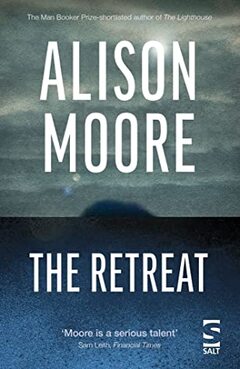
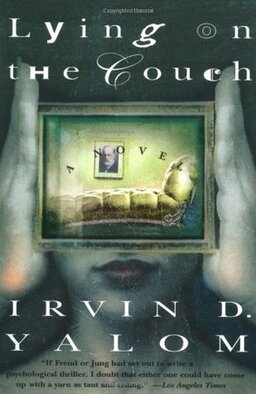
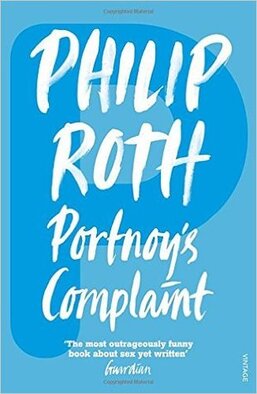
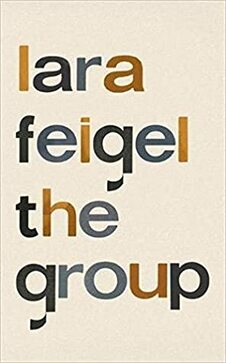
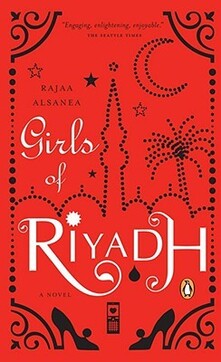
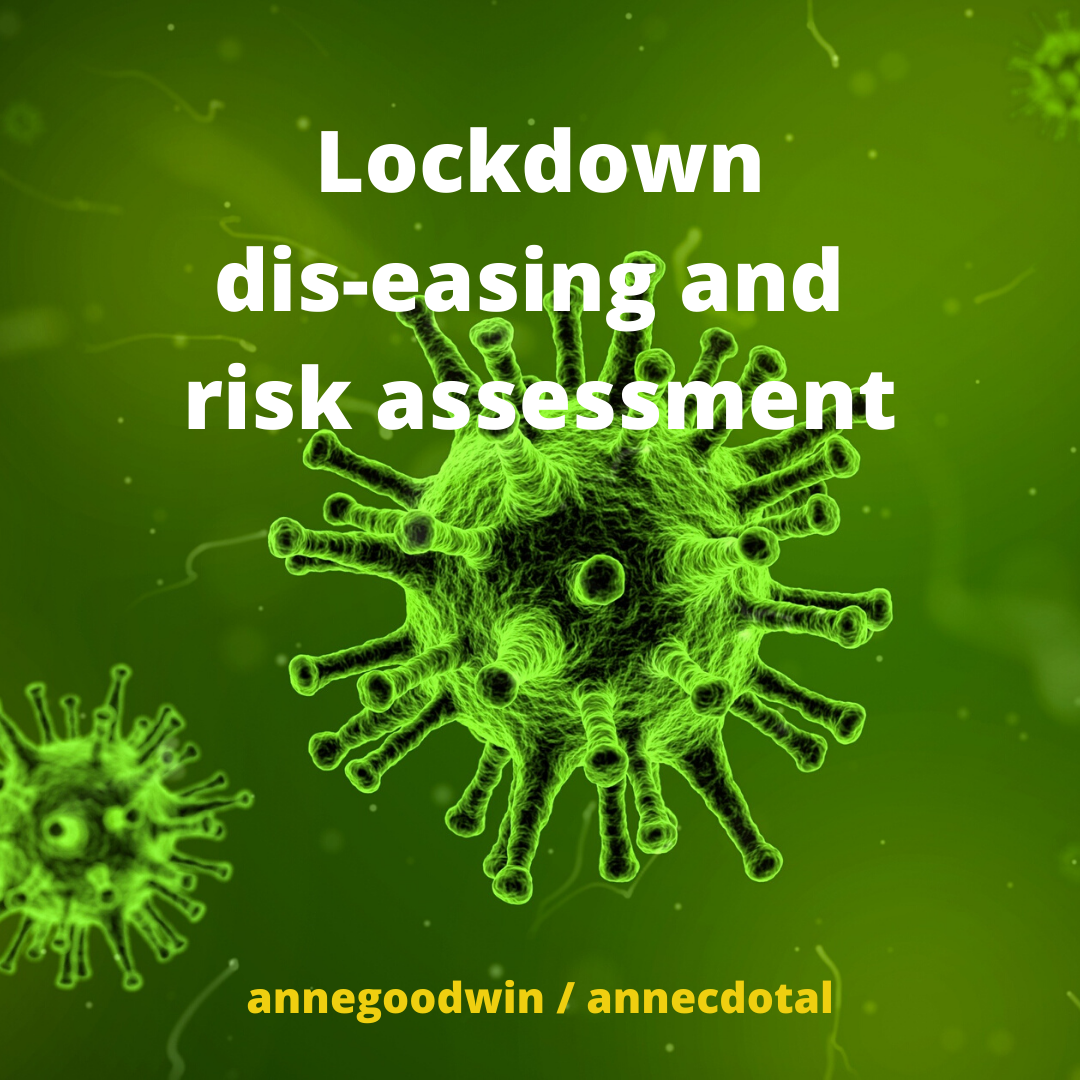
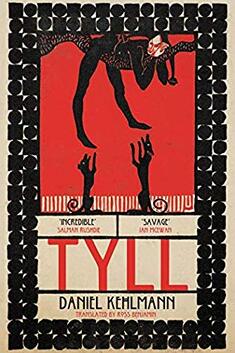
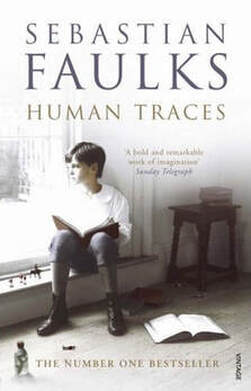

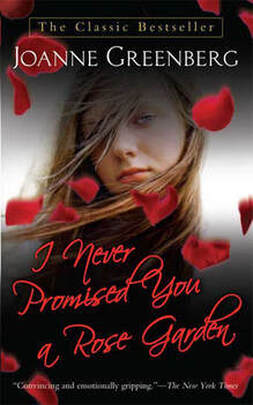

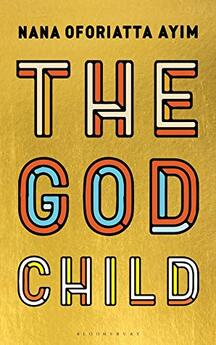
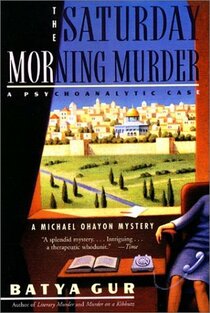
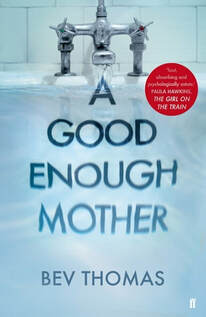
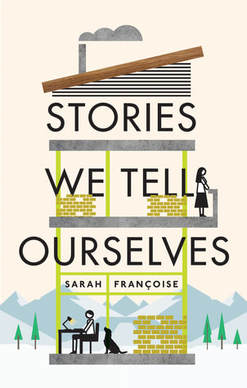
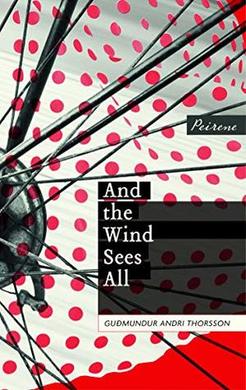
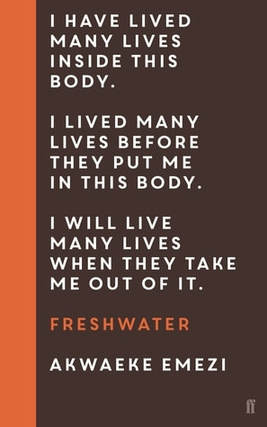
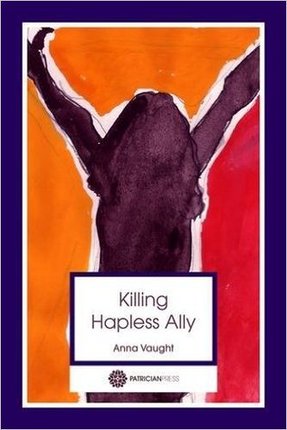
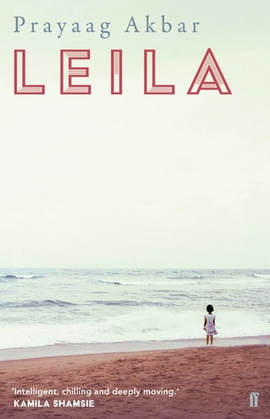
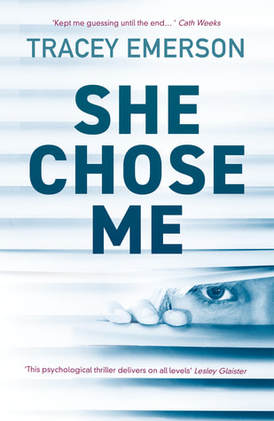
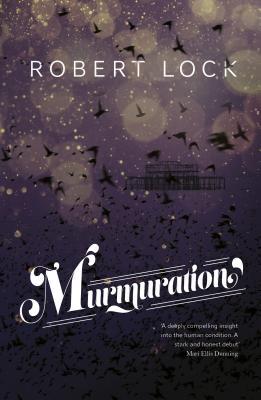
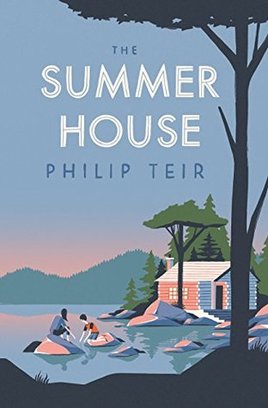
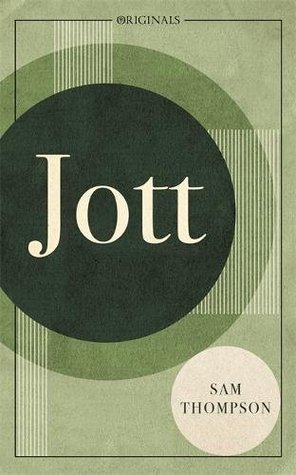
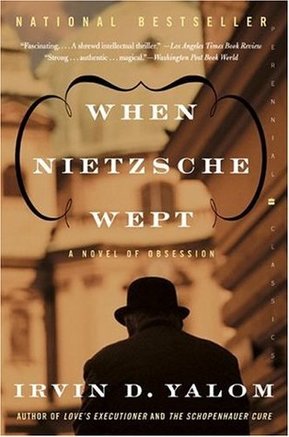
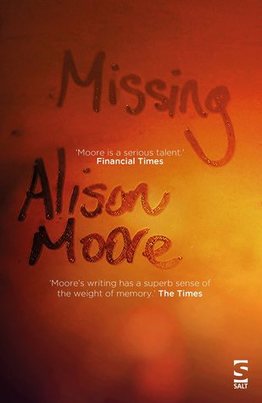
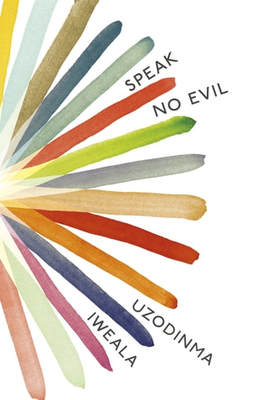
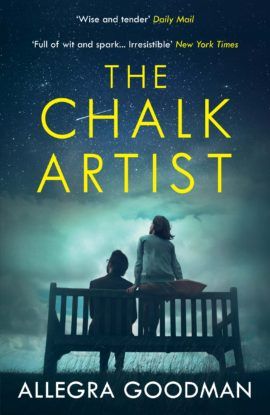
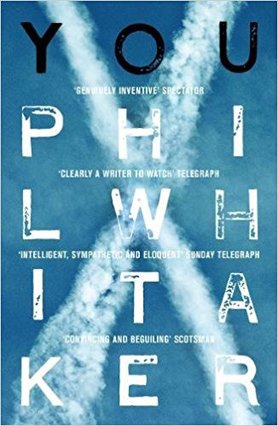
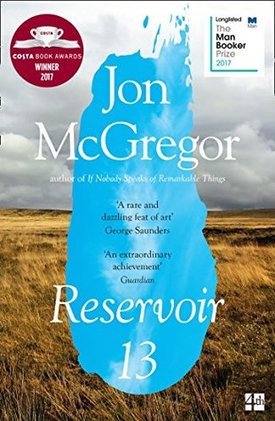
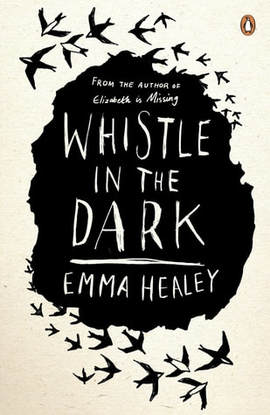
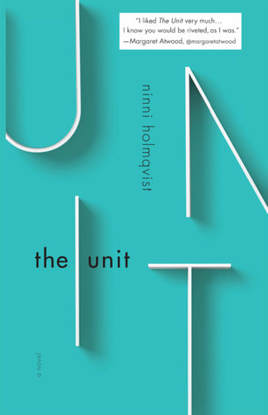
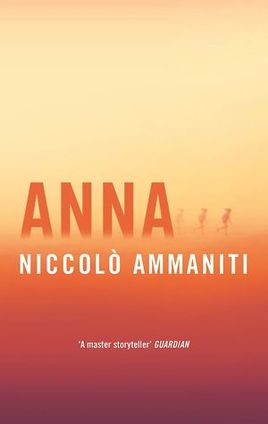
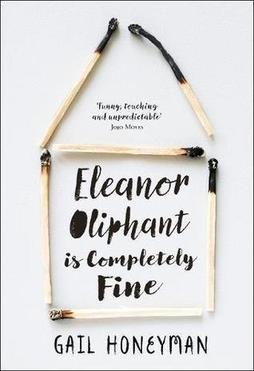
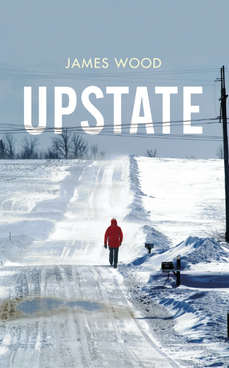





















 RSS Feed
RSS Feed





















